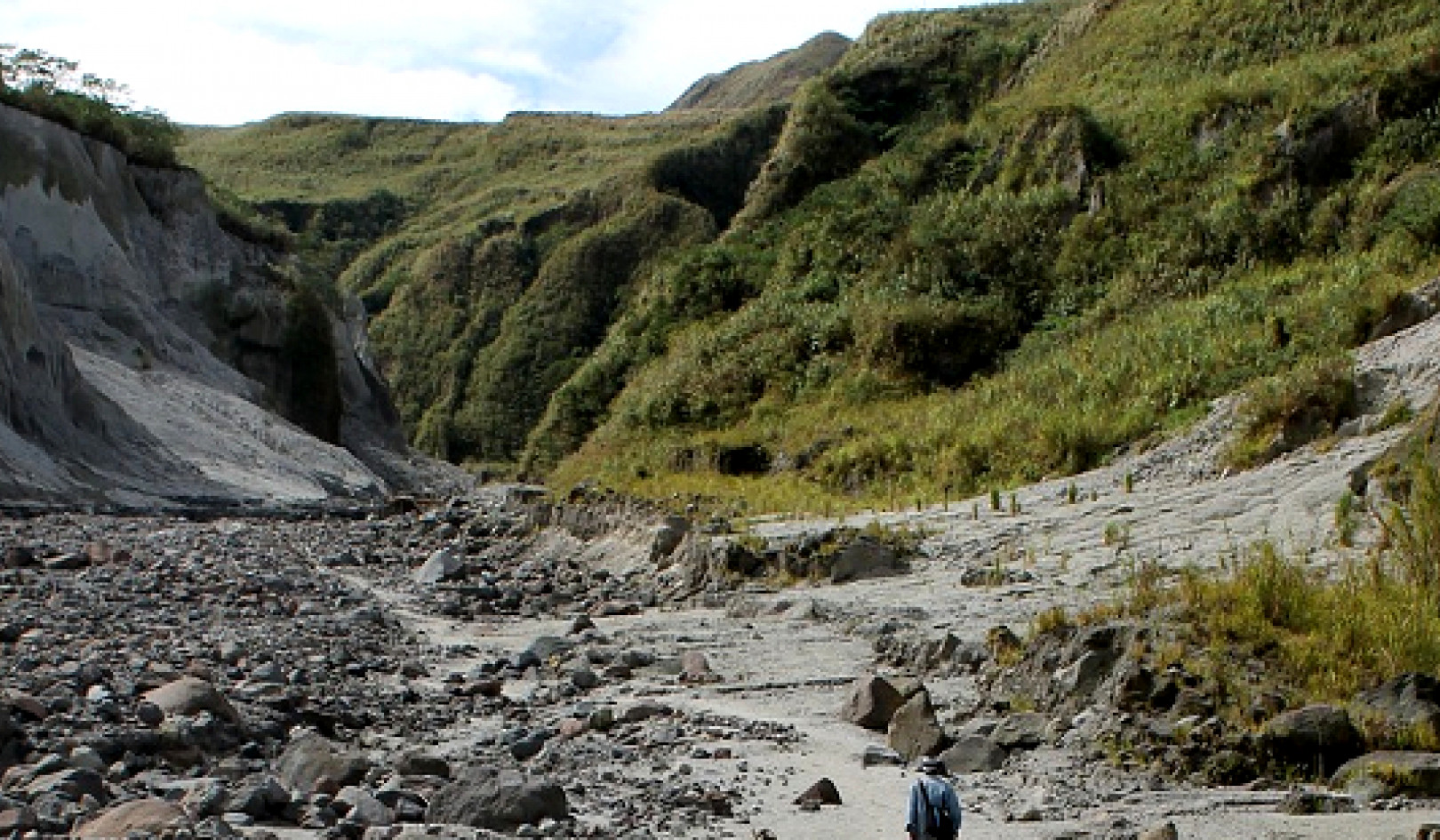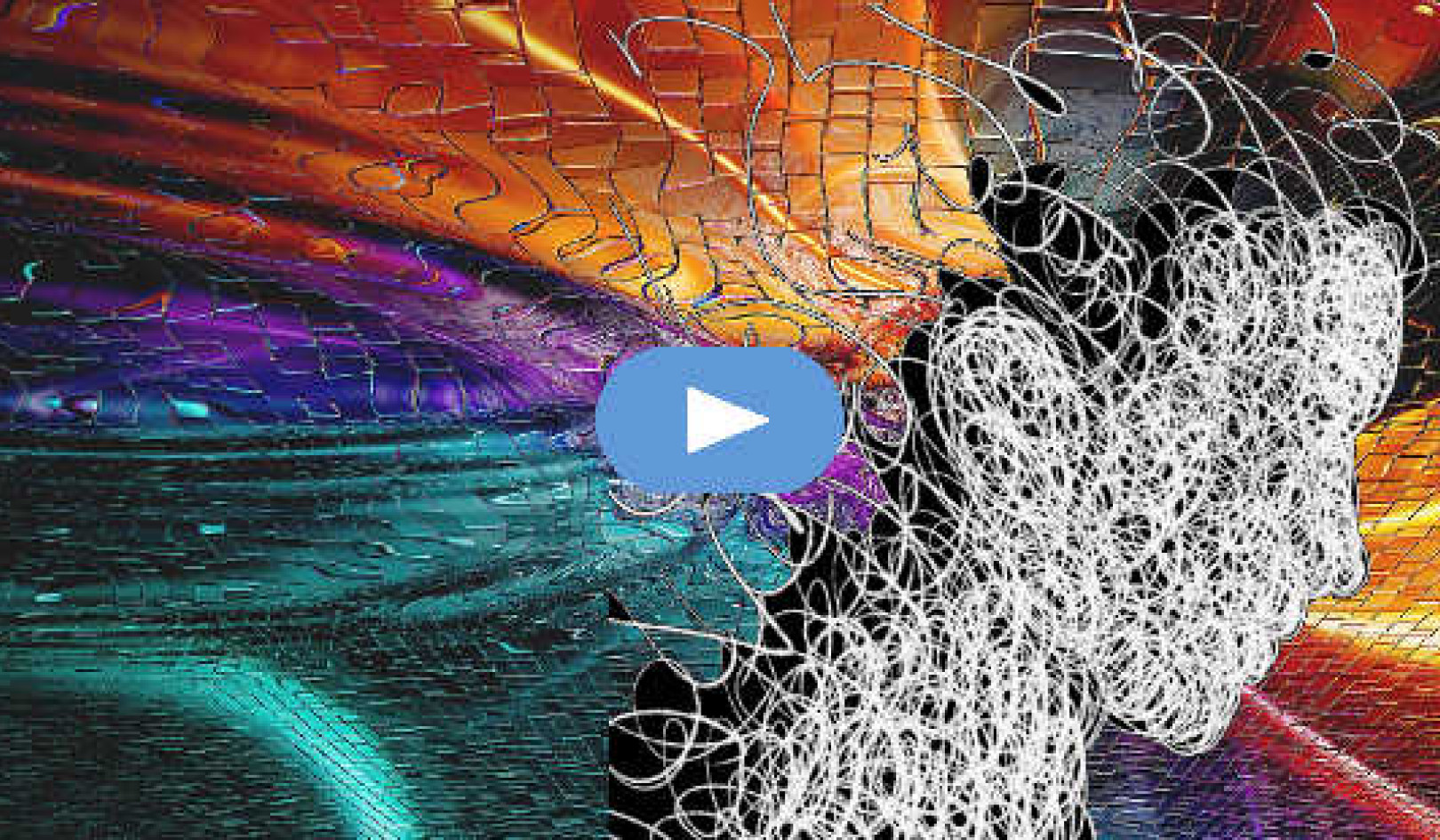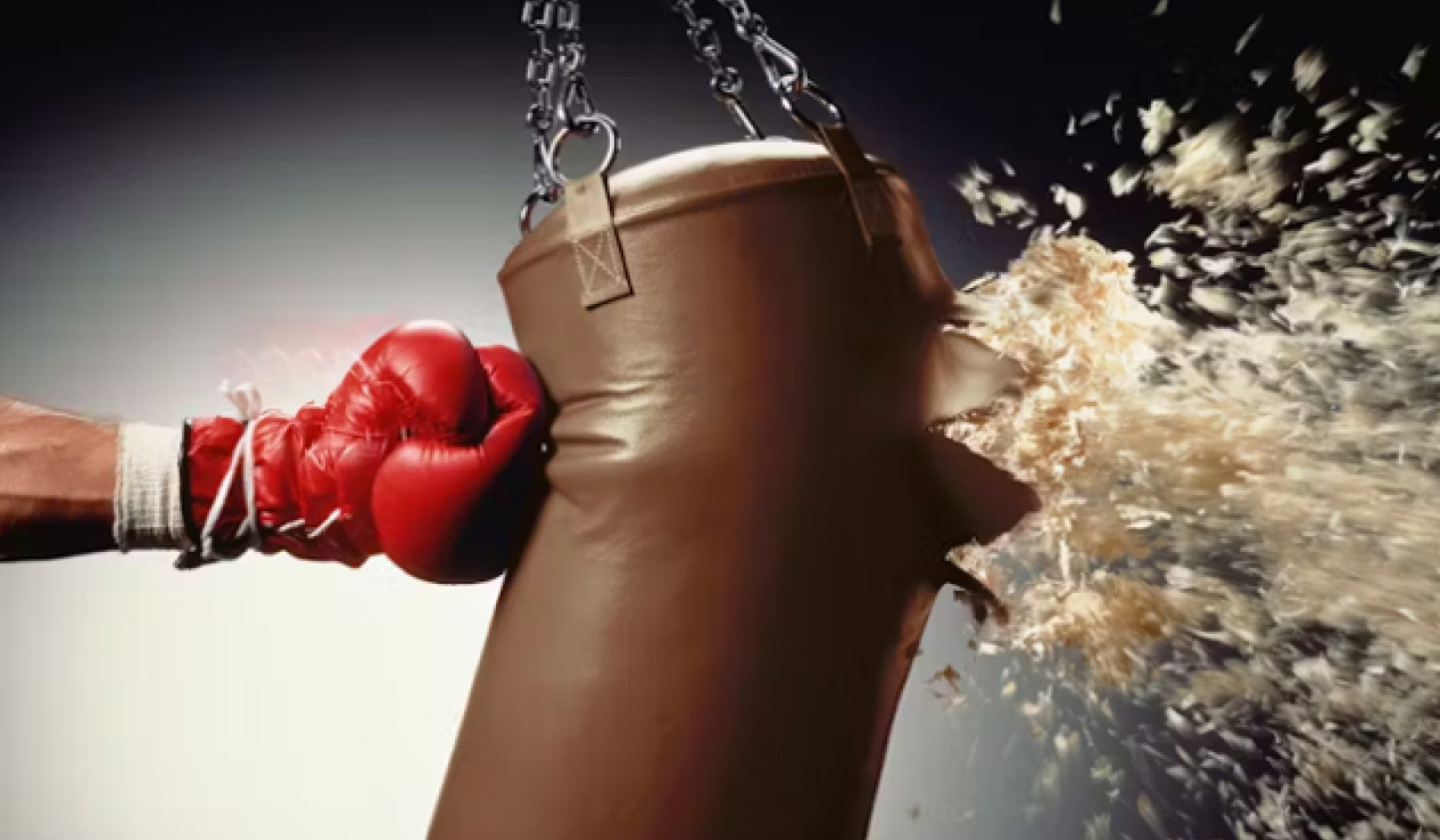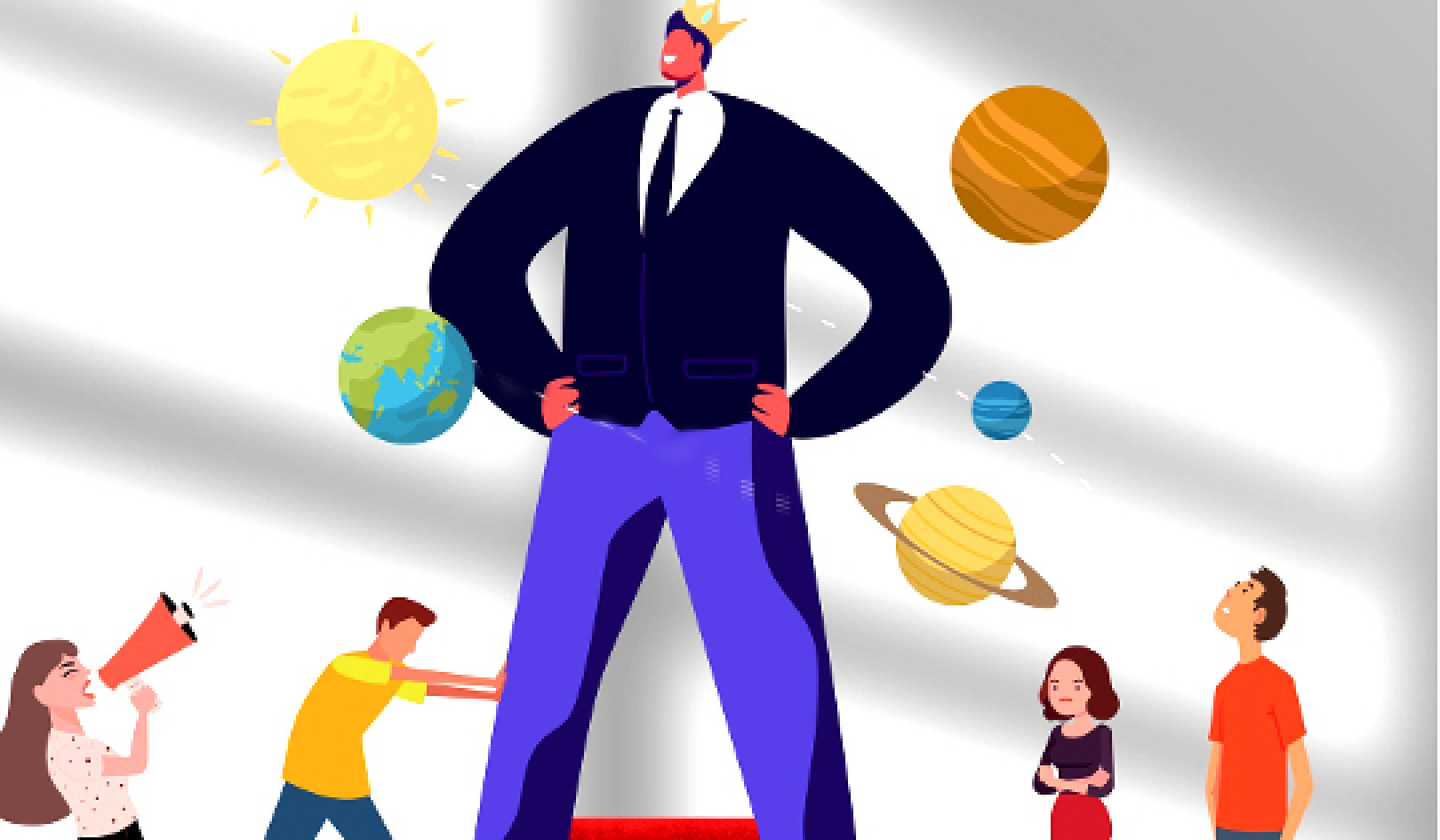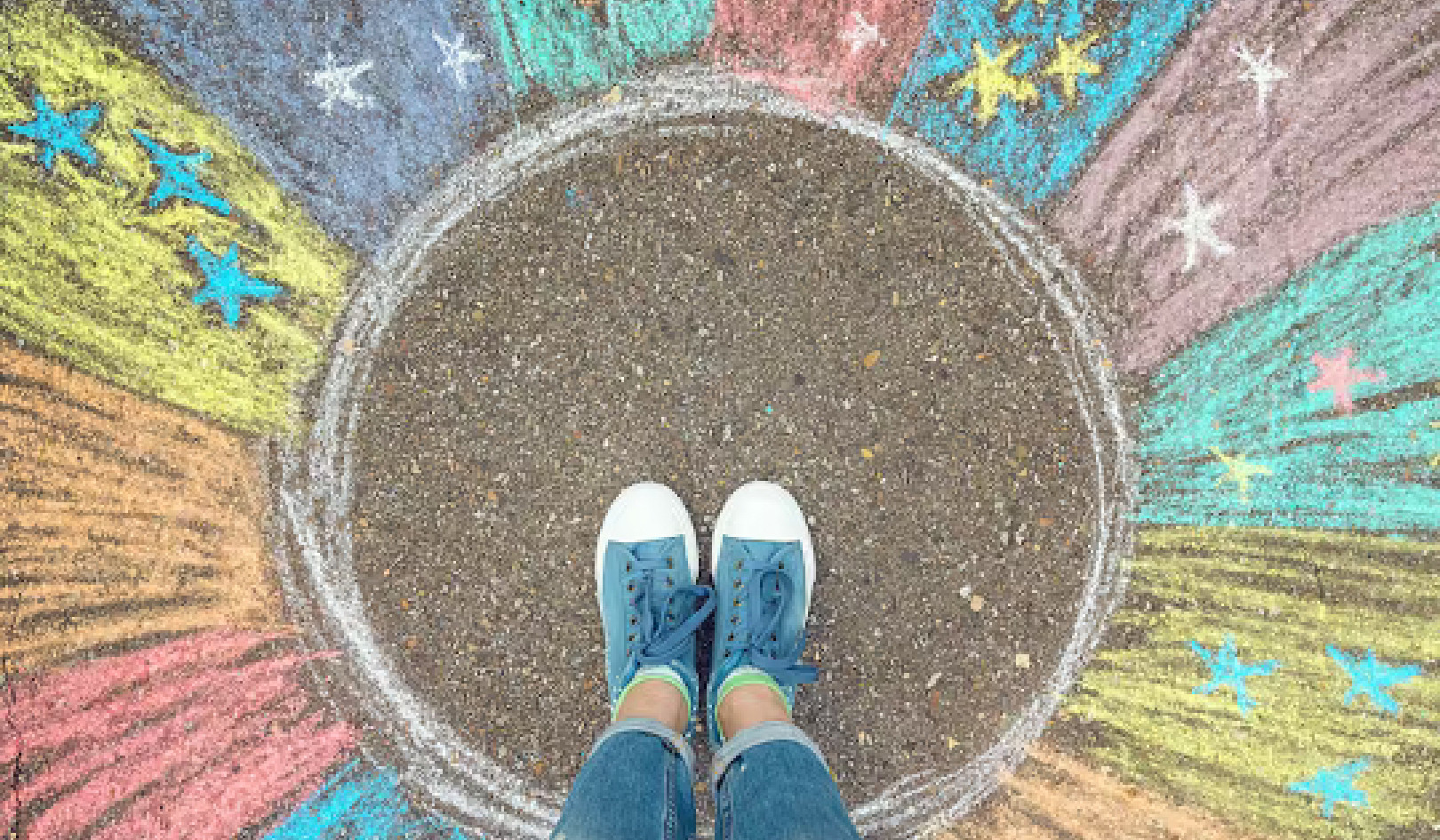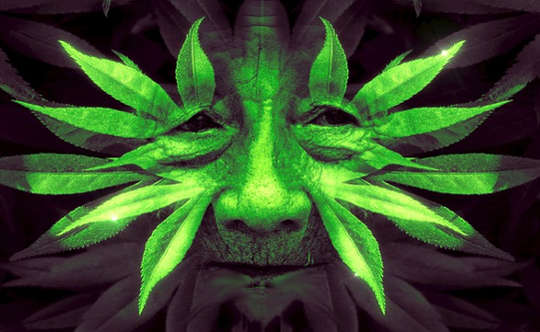
I understand why people feel unsettled, confused, and even frightened by what they observe going on in our world today. Everywhere we look we see chaos and change, disruption and destruction. We see suffering and privation; we see inequality and constriction of opportunity. We see a positive future for ourselves only dimly, at best. And at worst we see no future for our own species.
When those who feel frightened or depressed by all this chaos ask me what I foresee for humanity’s future, I tell them our species is in the midst of a Great Turning. We’ve experienced three such shifts before—and two of them have occurred within the past 500 years. This means creation is speeding up its work in us, and through us. That’s good news; it means creation appreciates the potential we carry in the seed of our human species, and is urging us to blossom here and now.
If we examine our prior Great Turnings with an eye toward understanding how far, and from where, we’ve come, that investigation offers some powerful insights. We can develop a better sense of what’s happened to us, and why. This aids us in figuring out where we may be heading. I offer the following insights as my own interpretation of what we’ve experienced so far. Feel free to discern for yourself if it resonates.
Our First Great Turning
I believe our first Great Turning involved our transformation from hunter/gatherers to agrarian cultures. That shift sparked a massive change in humanity’s values. Collecting useful stuff (and having lots of it) suddenly mattered; whereas for hunter/gatherer tribes, dragging around a lot of stuff had been a liability. In tribal cultures flexibility was key, while in the agrarian era we began to value permanence and stability.
So what did our hunter/gatherer ancestors value before they shifted to farming? They valued being able to divide and categorize the natural world into large subsets of diverse ecosystems. They valued selecting areas that best suited their needs, which their tribe then protected from interlopers. They valued learning how best to utilize the resources within those chosen areas to meet their collective needs. They valued working together to defend against predators. They valued the freedom of mobility and the ease of relocating when it became necessary.
They valued sharing and family and tribe, and they valued nature for what it provided and how it sustained them. They valued knowledge about their local plants and animals. They valued learning how best to use the provisions of nature. Individuals and their personal needs or situations mattered less in tribal cultures than did the safety and survival of the tribe.
If an individual became too sick to travel, yet the tribe needed to move on because their food was running scarce or the season was changing, they abandoned the sick and weak for the sake of the tribe. Community before individual, and nature held center stage in their worldview. Work was to benefit the tribe, and was performed through teamwork.
Sharing and cooperation were tribal principles; any alien “other” who might interfere with their social rhythm or freedom was viewed as the enemy. This era lasted 200,000 years, give or take a few thousand; and with some overlap that continues today.
As we gradually shifted into agrarianism, craftsmanship and specialization emerged. The labor ethic and the notion of “working for our daily bread” arose in these cultures. Rugged individualism also became a prime value. For the first time people staked personal claims on the land and made individual marks on a territory. The idea of private property emerged.
People discovered novel ways to grow crops and learned how to maintain them; they learned how to build permanent structures and to make new and more useful tools. They began trading these unique services and goods for the unique goods and services of others. “I did that,” became a more common statement than, “Look what we did,” which had been the call of successful hunting parties.
As the culture of me first took shape, pride in one’s own work took form. This created a radical shift in thinking. Saving up for one’s personal future became important, whereas hunter/gatherers had subsisted collectively on whatever showed up in their world. While hunter/gatherers had been subjected to short-term fluctuations in nature, agrarian people for the first time felt some sense of power and control over their environment. During this era we valued hard work, family, reaping the rewards of our efforts, taking control of the environment and claiming responsibility for ourselves. We valued ownership and saving and planning, and learning how to manipulate nature for our own ends. We valued developing new skills and craftsmanship; delayed gratification; knowledge and personal mastery; the individual and his rights, as well as the freedom to make our own choices. We valued learning how to use new tools so we could do more work faster and better than before.
Our enemy became anyone who might steal from us the fruits of our personal labor, or who undermined our ability to control our own destiny. We even began to view nature as our enemy under certain circumstances. This era lasted some 7000 years, and in some few places it still overlaps the majority experience of modern humanity.
The Second Great Turning
The second Great Turning (into our third cultural iteration) was marked by the transformation of agrarian cultures into industrial cultures. During this shift, mechanization marked the big change. Suddenly everything became standardized, scalable, measurable, commoditized, quantified, comparable, exchangeable, disposable.
Our social values shifted this time too. No longer were we as interested in individual craftsmanship or the fine, slow artistry of manual dexterity, but in the speed and quantity of mass industrial output. Our new focus on standardization meant that education, jobs, and even our homes and furnishings become cookie-cutter, off-the-shelf packaged products, with interchangeable replacement parts.
We measured our success by how normal everyone was; by the rising averages and means built into our metrics; and by how standardized things had become. We valued sameness. Because we valued sameness we became more resistant to change. Money became our most valuable tool as it replaced harvested dry grains, handcrafted goods and farming equipment as a means of storing value for the future. It didn’t deteriorate like hard goods did; but best of all money could be used to facilitate trade. Suddenly we could trade across long distances with strangers for exactly what we needed, when it was needed.
During this era we dehumanized our formerly independent and plucky hardworking selves in favor of increased conformity in factory-style jobs that converted human beings into replaceable, standardized cogs in the factory wheels. If money was our most important tool, energy became our most important commodity; we needed ever-more energy to operate all our new machines. Machines running on fossil fuels eliminated many hard labor and physically specialized jobs. Our appreciation for physical work diminished as our need for more intellectual work increased in value. We needed more smarts to run the machines; but luckily our machines granted us more time to self-educate.
During this era we valued learning, saving, planning and standardization. We valued mechanization, fitting in and going along. We valued self-promotion so we could stand out from the crowd, and competition to help us rise above it. We valued increase accumulation and consumption, and growth became our metric for success.
Growth and stuff buffered us from our twin, unseen enemies; the unknown future and the vagaries of nature. Our visible enemies were anyone or anything—including our own government—that might try to part us from our capital or deprived us of access to adequate energy stores. In this era of “more is better”, we aimed to accumulate more than we could possibly need in our lifetime, so we could finally relax and enjoy the fruits of our labor for what time remained. This era lasted some 500-600 years. It continues today, although it is a receding energy wave.
The Third Turning Is Still Underway
The Third Turning—and one that’s still underway—reflects the transformation of industrial society to a high-technology/information society. Humanity’s lust for ever more money and fossil fuel began to lose favor as the value of digital energy flow and information gained traction. The high-tech revolution capitalized on the flow of information to reduce energy waste and increase production efficiencies. Our costs declined as efficiency increased.
This era is about connection, just-in-time production, and a less wasteful distribution of limited resources. Knowing how to use our new high-tech tools is more important than knowing how to build them, or understanding how their innards work. Education is shifting too, away from every child blindly memorizing and regurgitating the exact same data for a mechanically scored passing grade, to teaching children how to capture and collate data to a useful end, using critical thinking skills and creative abilities. The focus is on learning how to capitalize on our diverse talents by dipping into the virtually endless fountain of free information.
Our social values also are shifting once more; physical work is almost totally devalued and degraded as a way of ‘earning a living.’ Sameness is less important as we learn to embrace our species’ diversity. We value our outliers, heretics and iconoclasts who bring forth novel ideas for social good. Intellectual expertise is losing ground too, as computers running sophisticated technologies replace human beings faster than we can reeducate them. We value things that are smaller, smarter, quicker and more nimble; but they must also be cheaper and more functional than their earlier iterations. We’re compressing and combining our older tools into fewer, but more flexible, tools that offer wider and more specialized applications. This shift reduces our need to possess a vast, cumbersome storehouse of specialized mechanical tools.
What we most value today is the seamlessness and ease of flow; the transparency of operation; the ability to engage with our tools so we can use them effortlessly to accomplish our goals. Everything happens faster, faster, faster; computers run faster, productivity rises faster, our transfers of data go faster and travel farther than ever before. Destruction too comes faster; so does change. The good news is that our realizations and understandings—both personal and collective—are also coming to us at lightning speed today, building on a vast scaffolding of prior information we’ve been accumulating over the ages.
Today we look to the speed of honest, useful communication as our newest metric of success. Providing everyone with equal access to that flow, so each can use it to maximize the development of their own capacities, has become our aim.
We have learned to value interconnectivity and transparency; we value the usefulness, integrity and honesty of disseminated information. We value our relationship with this overarching system of information. Anything that threatens to disrupt that system or deprive us of access to its flow we regard as our enemy; anything that undermines our ongoing drive for greater transparency, or that operates out of integrity with the information flow, we resist. This era has lasted some 100 years, give or take, and continues unabated today. It likely has a way to go yet before it begins to recede.
The Fourth Turning Is Getting Underway
The Fourth Turning, which is just now getting underway, represents the transformation of our society from a high-tech information culture into a wisdom culture. In this shift, no longer will it be sufficient for us to have all the information at our disposal, and have our machines doing all the work for us. No longer will it be sufficient for individuals to function apart from everyone else, doing their own thing for their personal gratification. No longer will it be sufficient for us to imagine we’re in control of nature, without concern for nature’s meta-flows, limits and needs.
We are now realizing that everything is so connected and interdependent that, for all intents and purposes, individuals exist as diverse aspects of a unified living system. This system relies upon a vast, entwined web of creativity, skills, intelligences, niches and capacities—and traverses a dizzyingly diverse array of energies, materials and organisms—in order to thrive.
We are just now realizing that we need to support diverse individual expression on an equal footing, which is different from everyone having equal access. We’re learning that what an individual does for personal short-term gratification impacts the entire global community for good or ill, so we must each function within nature’s life-affirming boundaries for the good of the whole. We’re learning that how we do ourselves as a species counts. No number of machines that mindlessly increase efficiency and productivity can overcome the natural limits of our planet’s capacity to regenerate. We’re realizing we we need to learn to do ever more, using ever fewer resources.
We’re learning to consciously slow our physical growth rate, even as we realize we can grow the intangibles—love, compassion, beauty, truth, wisdom, peace, generosity, kindness—without any known upper limits. We’re learning that it truly does “take a village”, and that nothing we do serves us well in the end if we do it just for ourselves, without concern for the impact it has on all others, or on our world.
We’re learning that there truly is no “other;” that we are one family of humanity on an integrated, living and highly intelligent planet. We’re learning that whatever we do as a people burdens us each with the weight of responsibility for the consequences. We’re learning that freedom and responsibility are inextricably linked; we can’t claim personal freedom without also shouldering some commensurate social and planetary responsibility. We’re learning that intimacy and cooperation serve us better than does ruthless competition in this hyper-connected world; and that sharing, facilitating and nurturing are not outmoded means of behavior, but are fundamental aspects of what makes us human.
Above all, we’re learning that life works best through indirect gifting by its disparate elements into the whole of existence, so that novel, organic and symbiotic relationships can form spontaneously. We’re discovering that to have sufficiency of flow we must learn to create, celebrate our success and then release into the world the fruits of that success without trying to maintain a grip on its flow. We are discovering the value of establishing intent versus seeking control.
We’re finding the joy in becoming a more creative, regenerative and self-sustaining niche species within the larger diverse web in which we live. We’re discovering the wonders and diversity and resilience of nature, and are unlocking the secrets and mysteries of its processes. We’re experiencing renewed awe for nature’s vastness and unimaginable depths. By exploring and communing with—rather than exploiting or doing battle against—reality, we’re learning who are and what our divine purpose within the cosmos might be.
We’re just now realizing that everything we’re doing is in imitation of the method our cosmos has employed to evolve itself; we represent a living, breathing fractal of that grander whole. As we become more patient, kind, generous, loving, connected, wise, compassionate and free, so too does our cosmos become all those things, because we are fully in it. As we take greater responsibility for our own actions and align ourselves more closely with the cosmic flow of life, so too does life claim greater responsibility for, and align itself more intimately, with us.
We are realizing, just now, that everything is about relationship; and that our unique ability to consciously and willingly enter into a right-partnered relationship with the whole of life is the reason we humans are here. When we’re in right relationship with life we have no enemy; we live in comfortable harmony with the whole of existence.
Learning To Choose Consciousness and Wisdom
As this latest turning unfolds and we enter this, the fifth reiteration of ourselves, we are—most of all—learning we have the power to choose. Life is extending an invitation for us to become conscious, willing conduits of its wisdom in this world, but it will not force us to accept its offer. We can choose to cooperate with our living cosmos and learn how to seamlessly weave our amazing capacities into its flow and design, or we can continue to defy and fear its power…until something gives way in this long-running clash between us and our cosmos.
If we are to make this turn successfully into a wisdom culture, I suspect we must first offer up our unconditional surrender to the naked truth of ourselves, by acknowledging we’re an integral part of nature; not separate from it, opposed to it, or in fear of its awesome power over us. That surrender will be followed by a rapid Great Relaxing, which will allow the deep cosmic wisdom our fear has been blocking to flow freely through our psyches, hearts and bodies, and into this world. That inspired flow will render us living conduits of cosmic truth, and will propel us forward as a species once more.
For the first time in our long human journey, we will be an adult humanity. We’re becoming something this world has not yet seen in living form, self-aware beings in a loving, conscious relationship with life. We can’t yet quite resolve for ourselves what it is that we’re becoming, because we have yet to manifest it with full coherence; but it’s awakening from a cosmic slumber within us, here and now. The truth of what we are is shifting from a dimly remembered dream into embodied manifestation.
My belief: We are living crystals for transmitting Spirit into this realm of form. Our mission is to become clear and flawless prisms for Living Presence, to allow Spirit to radiate unperturbed through us, and into this world.
This is my truth for where humanity’s destiny abides. May all sentient beings be free from suffering, and may love rule the world, forever unto the age of eternity. And so it is.
Copyright by Eileen Workman.
Reprinted with permission from the author's blog.
Book by this Author
Raindrops of Love for A Thirsty World
by Eileen Workman
 A timely spiritual guide to surviving and thriving in today’s pervasive, gloomy atmosphere of alienation and fear, Raindrops of Love For a Thirsty World, lays out a path to life long self-actualization, and reconnection through a shared consciousness.
A timely spiritual guide to surviving and thriving in today’s pervasive, gloomy atmosphere of alienation and fear, Raindrops of Love For a Thirsty World, lays out a path to life long self-actualization, and reconnection through a shared consciousness.
Click here for more info and/or to order this book.
About the Author
 Eileen Workman graduated from Whittier College with a bachelor’s degree in Political Science and minors in economics, history, and biology. She began working for Xerox Corporation, then spent 16 years in financial services for Smith Barney. After experiencing a spiritual awakening in 2007, Ms. Workman dedicated herself to writing “Sacred Economics: The Currency of Life” as a means for inviting us to question our longstanding assumptions about the nature, benefits, and genuine costs of capitalism. Her book focuses on how human society might move successfully through the more destructive aspects of late-stage corporatism. Visit her website at www.eileenworkman.com
Eileen Workman graduated from Whittier College with a bachelor’s degree in Political Science and minors in economics, history, and biology. She began working for Xerox Corporation, then spent 16 years in financial services for Smith Barney. After experiencing a spiritual awakening in 2007, Ms. Workman dedicated herself to writing “Sacred Economics: The Currency of Life” as a means for inviting us to question our longstanding assumptions about the nature, benefits, and genuine costs of capitalism. Her book focuses on how human society might move successfully through the more destructive aspects of late-stage corporatism. Visit her website at www.eileenworkman.com
Book by this Author
at

Thanks for visiting InnerSelf.com, where there are 20,000+ life-altering articles promoting "New Attitudes and New Possibilities." All articles are translated into 30+ languages. Subscribe to InnerSelf Magazine, published weekly, and Marie T Russell's Daily Inspiration. InnerSelf Magazine has been published since 1985.

Thanks for visiting InnerSelf.com, where there are 20,000+ life-altering articles promoting "New Attitudes and New Possibilities." All articles are translated into 30+ languages. Subscribe to InnerSelf Magazine, published weekly, and Marie T Russell's Daily Inspiration. InnerSelf Magazine has been published since 1985.
























